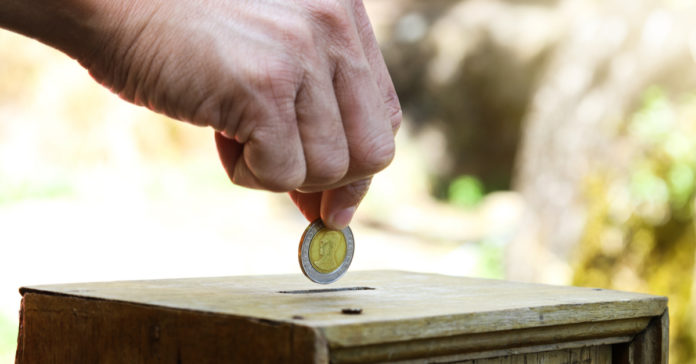The Muslim Charities Forum has launched a campaign to educate British Muslim donors on how to donate safely and smartly all year round, but particularly in Ramadan.
The Be Smart campaign consists of educational videos that were filmed in various locations across the UK and and a self-assessment tool for each donor to test themselves and learn about the impact of their donations.
MCF has also produced the Ensuring Ethical Excellence guide, specifically for charities to improve their relationship with donors.
The campaign is based on four categories of best practices for donating: online safety, Islamic principles on charity, communicating with charities and research-based donating.
According to Islamic Relief, British Muslims raised £150 million for charity during Ramadan in 2020.
Due the advancement of technology over the past five years and the recent COVID pandemic the majority of Muslims now donate online.
MCF said: “We want to encourage a two-way relationship between donors and charities so that donors feel empowered and informed to make the changes they would like to see in the world…
Subscribe to our newsletter and stay updated on the latest news and updates from around the Muslim world!
“British Muslims efforts have developed amazing charities that serves important causes that are close to the heart. Muslims now need to think carefully about their role as donors and charities to strategically enhance the sector and the beneficiaries we all seek to help.”
Below is a checklist for donors supplied by the MCF:
Is the charity registered?
Visit http://www.gov.uk/checkcharity and find out if the charity is registered with the Charity Commission.
Does the charity’s values match your values?
Check out the charity’s website for information about their aims and values. You should only give to organisations that you feel are in line with your values.
Is the fundraiser genuine?
Many people do personal fundraisers for charities and this can be a great way to donate to charity. However, it’s important to check whether it is genuine. They should feature the charity’s name and registered number.
Do you feel pressured to donate?
You should never feel pressured to donate to a charity, it should be a free and informed choice. If you need more information, you are within your right to ask the charity for it directly, prior to donating any of your money.
Does admin cost reflect impact?
Charities differ in their admin costs for different reasons, for instance, their specialism. Look at the impact more than the admin cost. Don’t be led by just numbers. A higher admin could translate to higher impact, or vice versa, depending on the organisation.
Transparency
Who runs the organization and do they have experience in development? Who is the chief executive or the director of finance? What experience do they have in their respective fields? How easy is it to find out this information.
Impact
What difference is the charity making? How does the charity measure and evidence its impact? Can you tell what the charity has achieved? How does the charity choose the projects it is working on?
Diligence
Are the charities accounts filed on time to the Charity Commission? The Charity Commission tells you if the accounts have been filed late. Does the charity regularly file its accounts late?
Trustees
Who are the trustees of the organisation and do they have professional experience? Have the trustees gained experience in other large organisations? Are they familiar with their legal responsibilities?
Size and history
How old or new is the charity? How big is it? Does it have an area of expertise: a specific type of project or country?
Zakat
Charities are also collecting Zakat in Ramadan. The Muslim Charities Forum recommends that each donor asks the following questions before giving their zakat to a charity:
Does the charity have a zakat policy which tells you how they spend the zakat money? Is it freely accessible on the website?
Does the charity have a zakat policy holder whose name is available on the website and whose contact details are also available?
Does the charity have a scholars’ board that checks the validity of its zakat policy? Are these scholars named on the website?
Does the charity explain how zakat funds are dispersed in its annual accounts?


















